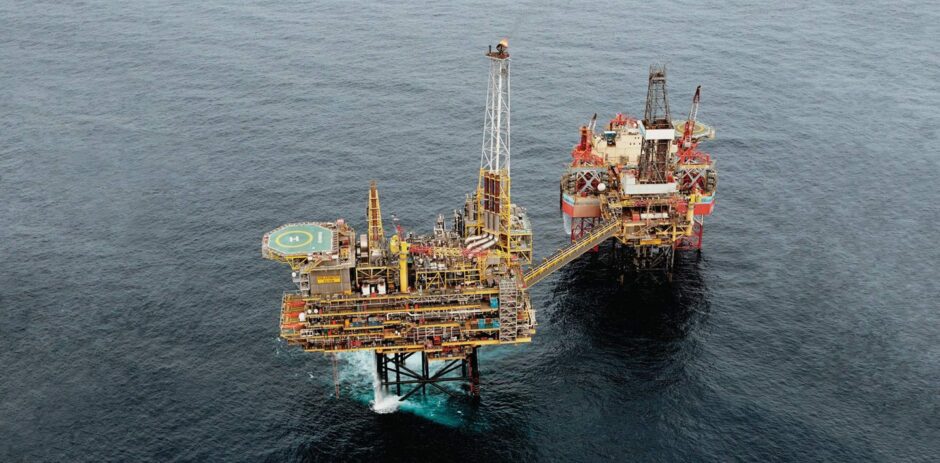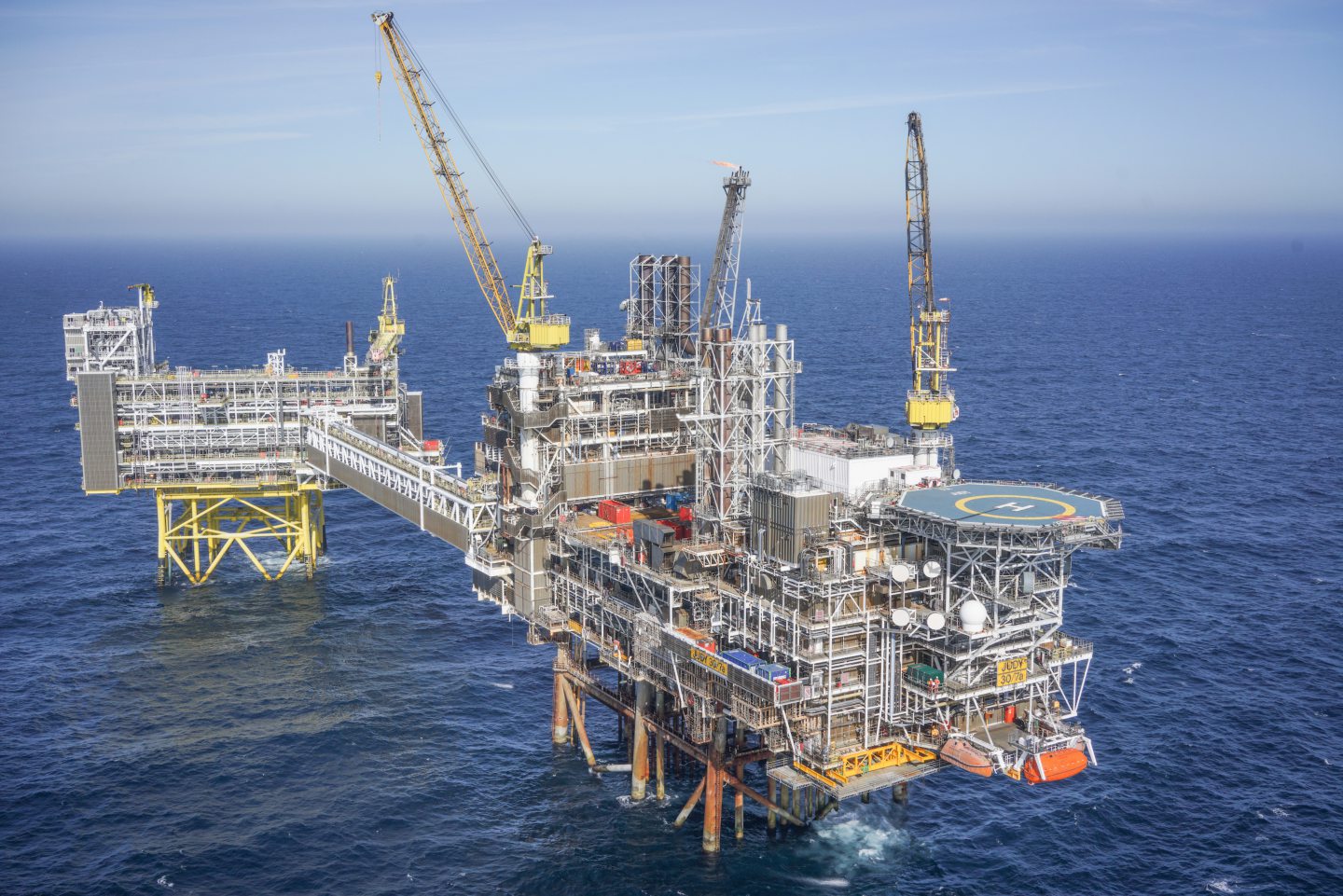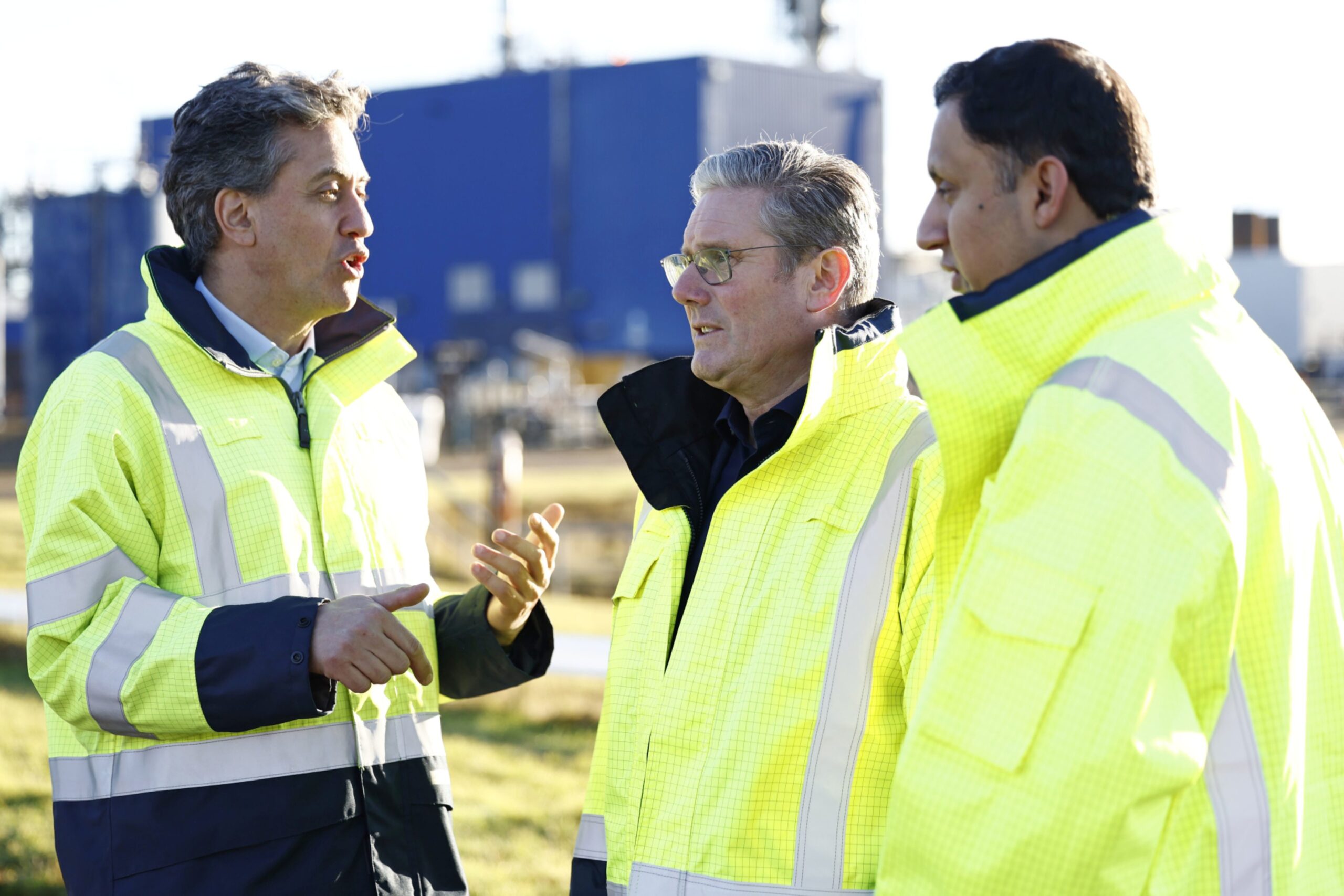
The energy industry and the North Sea has loomed ever-larger on the political radar. As parties vie for votes ahead of the UK General election on 4 July, leading industry lawyer Graeme Clubley offers his analysis on the impact on the sector of each group’s manifesto policies.
The place of North Sea oil and gas in the national political debate has changed enormously over the last decade.
In its 2013 white paper Scotland’s Future,the SNP stressed the need for a stable and predictable fiscal regime to maximise North Sea oil and gas production.
Tax receipts were to be invested in a “Norway-style” Scottish energy fund to benefit future generations, and in 2016 the regulatory framework was redrawn to legally oblige industry participants to maximise economic production of oil and gas.
Today, with the exception of the Conservatives, none of the leading political parties in the UK now advocate maximising UK production as the industry finds itself operating within a far from stable and predictable fiscal regime.
With this summer’s general election fast approaching, here is where the key parties stand on oil and gas policy.
Conservatives: friend or foe
While presenting themselves as a friend of the industry, the Conservatives are proposing to continue the extension of the Energy Profits Levy (EPL) windfall tax regime, resulting in a headline rate of 75%, to March 2029.
This “temporary” windfall tax would therefore apply for at least seven years, long after the windfall price conditions arising from the outbreak of the war in Ukraine which initially triggered these measures have abated.
The Conservatives support ongoing annual licensing and new developments, but the ever-changing and high-rated tax regime would do little to promote activity.
Effective tax rates can currently be even higher than the headline rate for companies engaged in decommissioning activities – for example, Harbour Energy, the UK’s largest producer, recently announced that it was subject to an effective tax rate of 95% for 2023.
Labour: concerns rejected
Meanwhile, Labour pledges to stop all future licensing, although existing licences and associated developments under these would continue to avoid a “cliff edge” for the industry.
It would also increase the headline rate of tax to 78% to mirror the position in Norway but seemingly without the equivalent reliefs enjoyed by our Scandinavian neighbours.
Labour promises to close the “loopholes” in EPL, which it would extend until the end of the next parliament, although these loopholes are yet to be fully defined.
Industry body OEUK, Labour backer Unite and the SNP have raised concerns about the impact this package of measures may have on the industry and the workforce. However, Labour has rejected these concerns.
Liberal Democrats: lack of detail
The Liberal Democrats pledge to introduce “a proper, one-off windfall tax on the super-profits” of oil and gas producers and traders.
It is far from clear how this would operate in practice given we already have a continuing windfall tax regime. Their manifesto contains no details on new licensing.
SNP: inbetweeners
Under Nicola Sturgeon and Humza Yousaf, the SNP was against new licences and developments.
In its 2024 general election manifesto, however, the party has pledged to adopt an “evidence-based approach to oil and gas” promising that further extraction would require to be ‘consistent with our climate obligations and take due account of energy security considerations’.
The Nationalists appear to be trying to find a balance between the Conservative and Labour positions.
The SNP has previously supported windfall taxes on oil and gas, but even under Mr Yousaf’s leadership the party had become concerned about the Scottish economic impact of these policies.
It is now calling for powers to impose windfall taxes on Scottish-based companies to be a devolved matter and, while supporting the principle of windfall taxes for excess profits, the SNP now supports a “wider tax…rather than the raid on the north-east of Scotland proposed by Labour and the Tories”.
Given oil and gas licensing and related taxation is a power retained at Westminster, any SNP policy would only be relevant following any future agreement to devolve such matters or through Scottish independence, but the party’s views could impact business sentiment in Scotland for both companies and workers based here.
Oil and gas a ‘political football’
Many in the oil and gas industry already feel they are treated like a political football.
The narrative around “megaprofits” and “oil and gas giants” is far removed from the realities of most operators in the North Sea.
For the oil majors that still have a presence in the North Sea, profits are significantly greater outside their remaining UK businesses, and those profits are not taxable in the UK.
It’s hardly surprising that many UK-focused operators and their associated supply chains are looking for opportunities elsewhere where they can secure a better return on investment.
With domestic production declining annually by 7% and 180 of the 283 North Sea fields set to cease production by 2030, new investments are essential if we want to develop UK energy security, generate tax revenue, and preserve shared infrastructure such as pipelines and terminals.
This can also bolster the supply chain which provides thousands of jobs and will be essential in delivering a successful energy transition.
Whichever party forms the next government, embracing a sensible and reasoned position on the oil and gas industry, recognising its important place within the nation’s energy mix for years to come, will be a vital for economic wellbeing and energy security.
Recommended for you

 © Supplied by CMS
© Supplied by CMS © Supplied by Harbour Energy
© Supplied by Harbour Energy © PA
© PA © Supplied by Shutterstock
© Supplied by Shutterstock